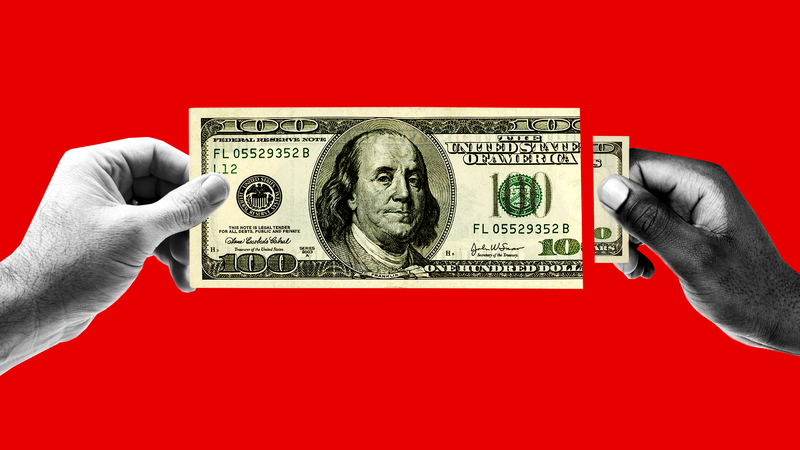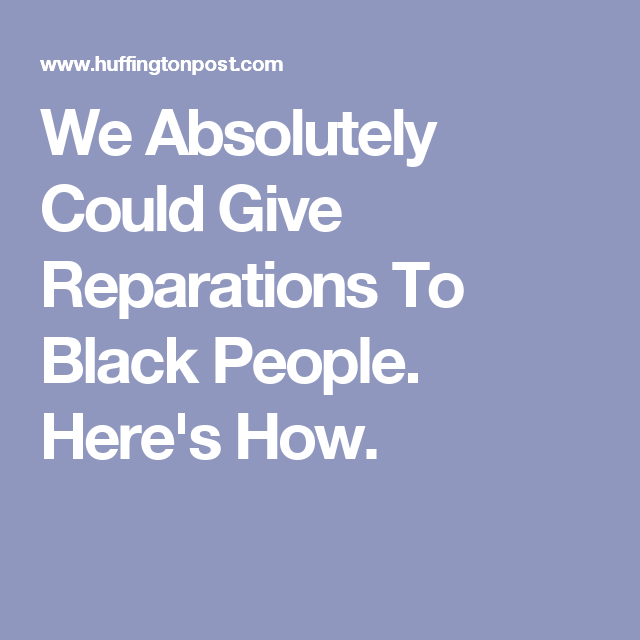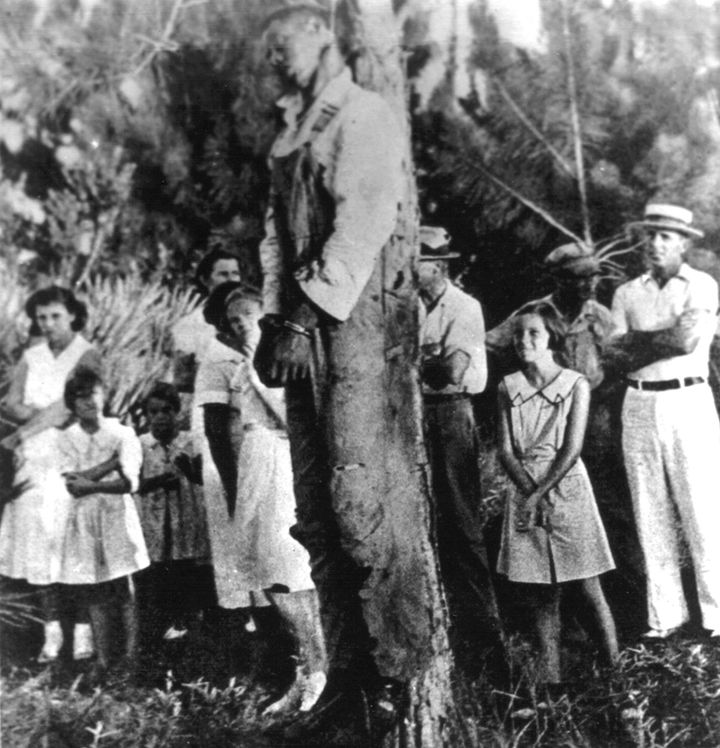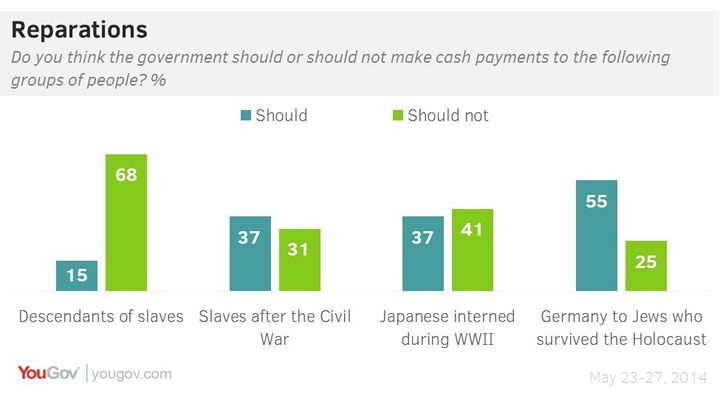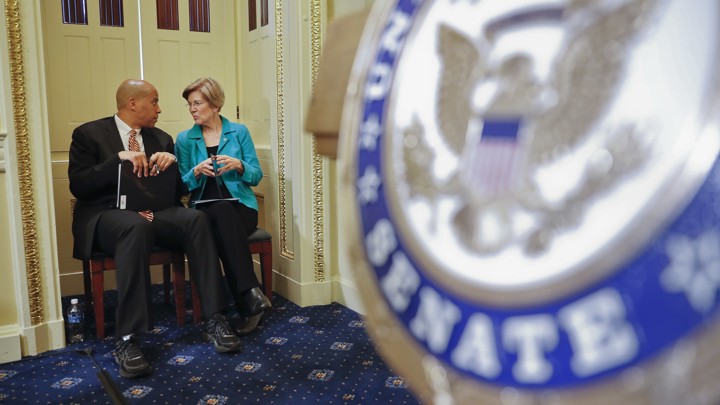Sir San Diego
formerly brolic scholar
- 12,456
- 10,878
- Joined
- Feb 20, 2011
oh look, a Tariq Nasheed supporter flustered over open ideas and outside the box thinking
color me surprised
You can't help but quote me.
 Continue.
Continue.Here's my IG. Follow me all day @oh_worrrrrrd
Last edited:

